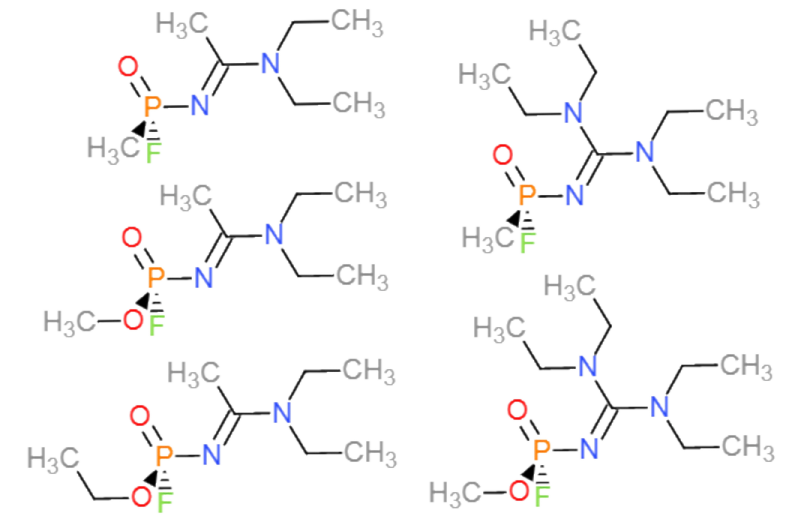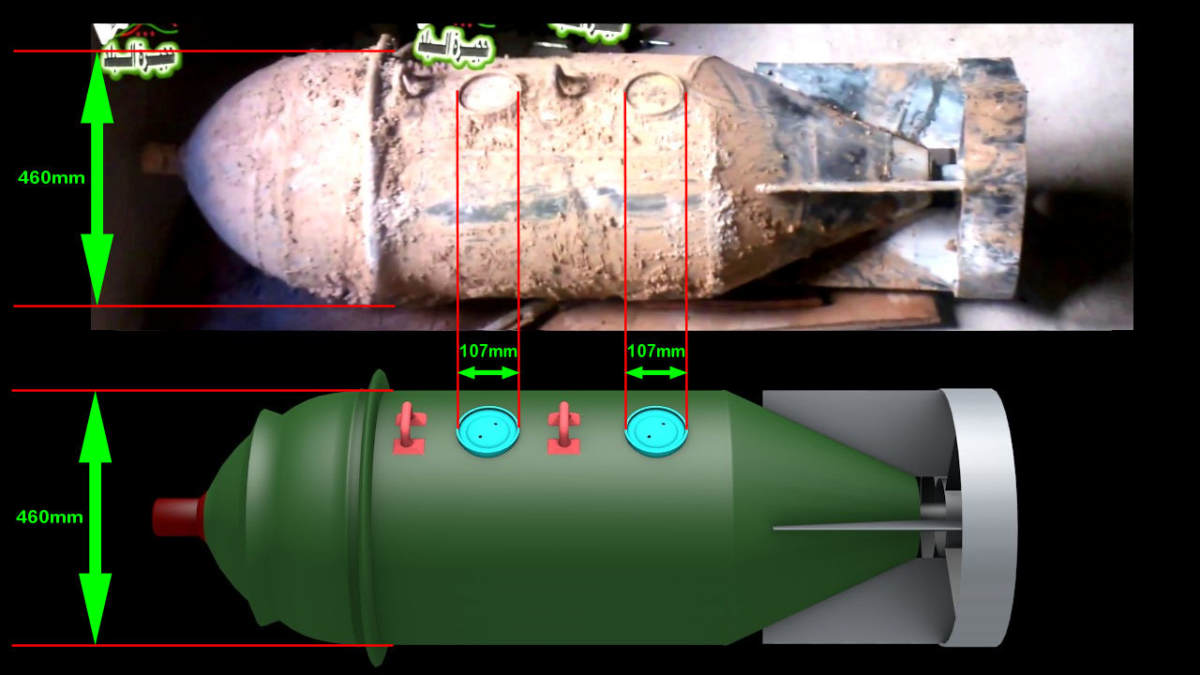History of nerve agent assassinations
On 20 August, the Russian anti-corruption activist Alexei Navalny fell ill during a return flight to Moscow and was hospitalised in the Siberian town of Omsk after an emergency landing. Members of his travelling party immediately suspected poisoning, an impression hospital staff reinforced when they refused Navalny’s personal physician access to his medical records. Following his airlifting to Berlin for further examination and specialist treatment, the Charité hospital issued a statement on 24 August that preliminary findings indicated exposure to ‘a substance from the group of cholinesterase inhibitors’. Even though the hospital could then not name the specific poison used, …
Apparently major chemical weapons attack near Damascus reported
As I am writing, disturbing news reports are coming in of a major chemical attack on the eastern eastern outskirts of Damascus (Ghouta district). According to images and film footage posted to the Internet by opponents to the al-Assad regime, many casualties, including fatalities can be seen. Supplementary visual testimony strongly indicates poisoning. [Images are graphic and should be viewed with caution!] In past blog postings and commentaries I have been sceptical of CW claims, because the narrative accompanying images and film footage did not correspond with what could be seen. More importantly, a number of things one would expect …
Syria stands formally accused of violating the Chemical Weapons Convention
The Executive Council of the Organisation for the Prohibition of Chemical Weapons (OPCW) held its 94th session from 7–10 July. Prominent on the agenda was the determination by the Investigation and Identification Team (IIT) that ‘there are reasonable grounds to believe’ that Syrian government forces bear responsibility for several chemical weapon (CW) attacks at the end of March 2017. The finding is the first time that the Technical Secretariat of the OPCW has formally charged a state party to the Chemical Weapons Convention (CWC) with violating Article I, para. 1(b) to never under any circumstances use CW. The accusation is …
Novichok and the Chemical Weapons Convention
Assassinations with nerve agents are rare. Very rare. The reason is simple: other means to eliminate a person are simpler and much more effective. The marginal benefit from using even some of the most toxic substances ever made by man is negligible. What is more, the attempt fails often, as Aum Shinrikyo experienced when trying to take out some of the cult’s enemies with VX before the 1995 sarin attack in the Tokyo underground. Last year’s murder of Kim Jong-nam, half-brother of North-Korean leader Kim Jong-un, also involved VX according to Malaysian authorities. However, the real perpetrator behind the two …
Geopolitical manoeuvring behind Skripal
On 4 April the Executive Council (EC) of the Organisation for the Prohibition of Chemical Weapons (OPCW) will meet in a special session. Russia called the extraordinary meeting. It has been a month now since former Russian spy Sergei Skripal and his daughter Yulia had been exposed to a nerve agent in Salisbury. The United Kingdom (UK) government identified it as a member of the ‘Novichok’ family, once researched and developed by the Soviet Union. Russia is believed to have continued the programme at least during the first years after the breakup of the USSR. It has never come clear …
Novichok between opinion and fact – Part 1: Deconstruction of the Russian denial
Since the assassination attempt on Sergei and Yulia Skripal with a nerve agent now just over one month ago, so much has been written about ‘Novichok’; so much has been opined about what ‘Novichok’ is meant to be (if it exists at all); and so much smoke has been spewed about what the identification of ‘Novichok’ suggests about culprits. This blog posting is the first of several to look into a specific aspect of the discussions concerning Novichok in the hope of clarifying where certain positions come from and what factual knowledge exists about this group of nerve agents. Facts …
VX murder in Kuala Lumpur?
According to an overnight statement by the Malaysian police, Kim Jong Nam—half-brother of North Korean leader Kim Jong Un—was assassinated with the nerve agent VX at Kuala Lumpur International Airport. VX is one of the high-end chemical warfare agents developed and produced in large quantities by the USA, USSR and some secondary powers during the cold war. Former military chemical weapon arsenals are being eliminated under the Chemical Weapons Convention. The Democratic People’s Republic of Korea (DPRK), of course, is together with Egypt, Israel and South Sudan one of the four hold-out states. It is widely believed to have a …
VX assassination and ALT+Reality
The assassination of Kim Jong-nam with—according to Malaysian authorities—the nerve agent VX unsurprisingly yielded many press articles, expert commentaries and other opinion pieces. Equally unsurprising is how uninformed several commentators are about the basics of all things chemical warfare. And I am not even referring to the ignorati who characterise VX (or mustard agent, for that matter—courtesy Dan’s unrelenting aspiration to educate the Twitterati) as a gas (it is a liquid with the viscosity of motor oil). It is about not checking basic facts or the accuracy of sources (which may quickly become outdated), as well as copy-and-paste work—particularly from …
Novichok between opinion and fact – Part 2: When alternative facts become blatant untruths
On 18 April 2018 the Executive Council of the Organisation for the Prohibition of Chemical Weapons (OPCW) held its 59th meeting, which was wholly dedicated to the assassination attempt with a nerve agent of the Novichok family. The Technical Secretariat presented its classified full ‘Report on Activities Carried out in Support of a Request for Technical Assistance by the United Kingdom of Great Britain and Northern Ireland (Technical Assistance Visit TAV/02/18)’. A summary released by the Technical Secretariat on 12 April, although lacking in detail, stated that: Two OPCW designated laboratories confirmed that the three hospitalised individuals had been exposed …



